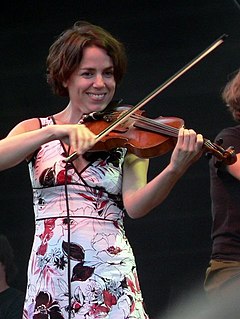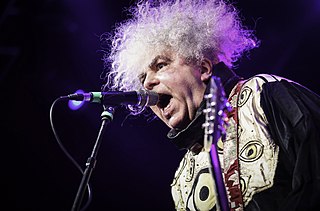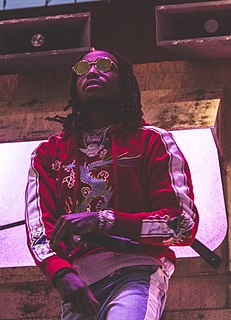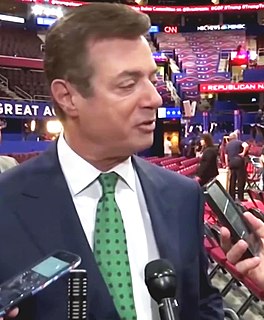A Quote by Shura
It's different obviously with a song when you're talking about narrative, you're talking about the verse leading into the chorus or whatever it is, but you have to have a sensibility of how something would flow either way.
Related Quotes
I didn't know how write a song, (verse, chorus, verse, chorus, bridge, chorus, bridge, verse), etc., and I didn't know how to write lyrics, so that's when I thought, well, I don't have to write a song with all those verses and choruses or lyrics. I can just sing everything the way I want to. So I sang all the instruments with my voice and just went with it.
Architects in urban planning are talking about this but they're not talking about it yet I don't think at that level that [Buckminster] Fuller is talking about when he talked about putting a dome over Manhattan, which is to say an attempt at integrating all of these different technologies in a way that makes for a city that, without having an actual dome, thermodynamically manages the heat flow for that urban environment and therefore makes it so that it is a highly efficient machine for a living or a dwelling machine as he would have preferred in terms of thermodynamically optimizing it.
One of my main problems with music is that the basic formula is always the same: verse, chorus, verse, chorus, bridge, verse, chorus, chorus, chorus, end. One of the bands that changed that was The Beatles. If you listen to 'Everybody's Got Something to Hide Except Me and My Monkey.' It's three verses, bridge, end.
It seems to me that we make a terrible mistake in talking about Trump as some kind of essence of evil. Trump is symptomatic of something much deeper in the culture, whether we're talking about the militarization of everyday life, whether we're talking about the criminalization of social problems, or whether we're talking about the way in which money has absolutely corrupted politics. This is a country that is sliding into authoritarianism.
She [Hillary Clinton] knows the people well. I think there is - you know, also talking about breaking down barriers and talking about that, whether we`re talking about that in economic terms. I mean, she`s the only person who has been out there talking about white privilege and talking about sort of the intersectionality of some of these issues.
Street politics is what happens in our everyday life, living in the bando. It's the environment around us and what we doing in the streets. We [Migos] talking about how many snakes there are in the grass and talking about how people can hurt you, and talking about how that can help you gain knowledge.
Trump is an outsider; maybe you don't know. So he is sitting in a room: he is talking business, he is talking politics - in a private room, it's a different persona. When he's out on the stage, he is talking about the kinds of things he's talking about himself; he's projecting an image that's for that purpose.
In narrative cinema, a certain terminology has already been established: 'film noir,' 'Western,' even 'Spaghetti Western.' When we say 'film noir' we know what we are talking about. But in non-narrative cinema, we are a little bit lost. So sometimes, the only way to make us understand what we are talking about is to use the term 'avant-garde.'
If I can't practice, I can't practice. It is as simple as that. I ain't about that at all. It's easy to sum it up if you're just talking about practice. We're sitting here, and I'm supposed to be the franchise player, and we're talking about practice. I mean listen, we're sitting here talking about practice, not a game, not a game, not a game, but we're talking about practice. Not the game that I go out there and die for and play every game like it's my last, but we're talking about practice man. How silly is that?
Normally you'll have a structure to a song. You'll have an intro to a verse to a pre-chorus to a chorus, kinda repeat that, maybe there's a bridge, then you'll go out on a chorus - that's the quintessential song structure - sometimes you might do a fake-out, re-do a pre-chorus but the chorus doesn't come until later, but for the most part you follow these tried and true structures.
So many people think that practicing an art is a good way to make a living. Practicing an art, no matter how well or badly, is a way to make your soul grow, for heaven's sake. I'm talking about singing in the shower, I'm talking about dancing to the radio, I'm talking about writing a poem to a friend.




































